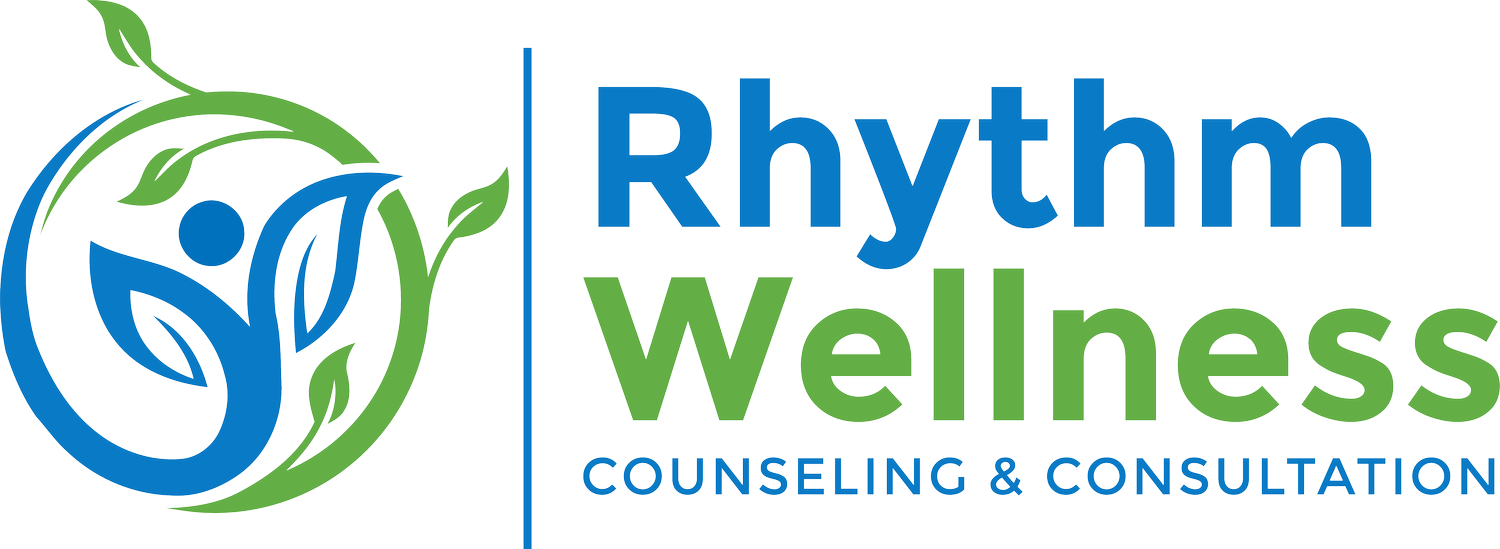The Rising Rates of Anxiety in America and Its Impact on Human Connection
Anxiety is a normal and healthy emotion that helps us cope with stress, danger and uncertainty. However, when anxiety becomes excessive, persistent and interferes with daily functioning, it can be a sign of an anxiety disorder. Anxiety disorders are the most common mental illness in the United States, affecting about 18% of the adult population each year¹. According to the latest data from the U.S. Census Bureau Household Pulse Survey, the percentage of adults who reported symptoms of anxiety and depressive disorders increased nationwide from 8.1% in 2019 to 27.3% in 2020²³, likely due to the COVID-19 pandemic and its associated social and economic impacts.
Anxiety can negatively impact various aspects of life, including physical health, work performance, academic achievement and social relationships. One of the most significant and often overlooked consequences of anxiety is its effect on connection, which refers to the quality and quantity of meaningful interactions and relationships with others. Connection is essential for human well-being, as it provides a sense of belonging, support, trust and intimacy. However, anxiety can impair connection in several ways, such as:
- Avoidance: People with anxiety may avoid social situations or interactions that trigger their fears or worries, such as public speaking, meeting new people or expressing their opinions. This can lead to isolation, loneliness and reduced opportunities for connection.
- Impaired communication: People with anxiety may have difficulty expressing themselves clearly, listening attentively or engaging in conversation. They may also experience physical symptoms such as trembling, sweating or blushing that make them feel self-conscious or embarrassed. This can affect their ability to connect with others and create misunderstandings or conflicts.
- Low self-esteem: People with anxiety may have negative beliefs about themselves, such as feeling inadequate, unworthy or unlovable. They may also have low expectations of others, such as fearing rejection, criticism or abandonment. This can undermine their confidence and trust in themselves and others, and prevent them from forming or maintaining healthy connections.
- Reduced empathy: People with anxiety may be so preoccupied with their own worries or problems that they have less attention or interest in others' feelings, thoughts or experiences. They may also have difficulty regulating their own emotions or coping with stress, which can make them more irritable, defensive or withdrawn. This can impair their ability to empathize with others and respond appropriately to their needs.
The good news is that anxiety disorders are treatable and there are effective ways to cope with anxiety and enhance connection.
(1) Facts & Statistics - Anxiety and Depression Association of America, ADAA. https://adaa.org/understanding-anxiety/facts-statistics.
(2) National and State Trends in Anxiety and Depression Severity .... https://www.cdc.gov/mmwr/volumes/70/wr/mm7040e3.htm.
(3) Anxiety Statistics & Facts (2023) - CFAH. https://cfah.org/anxiety-statistics/.
